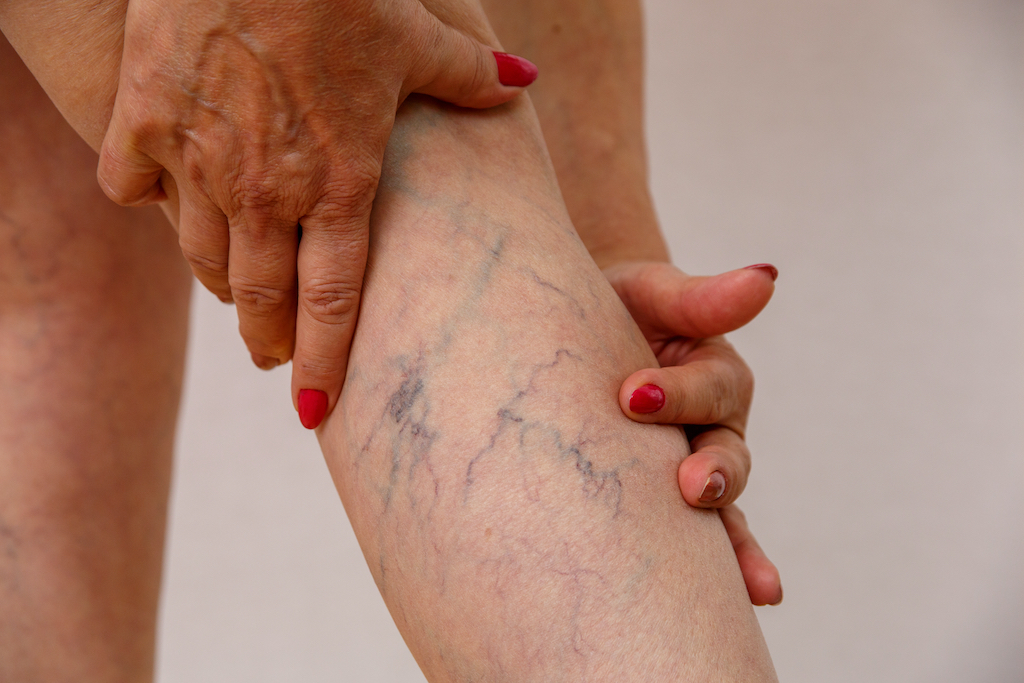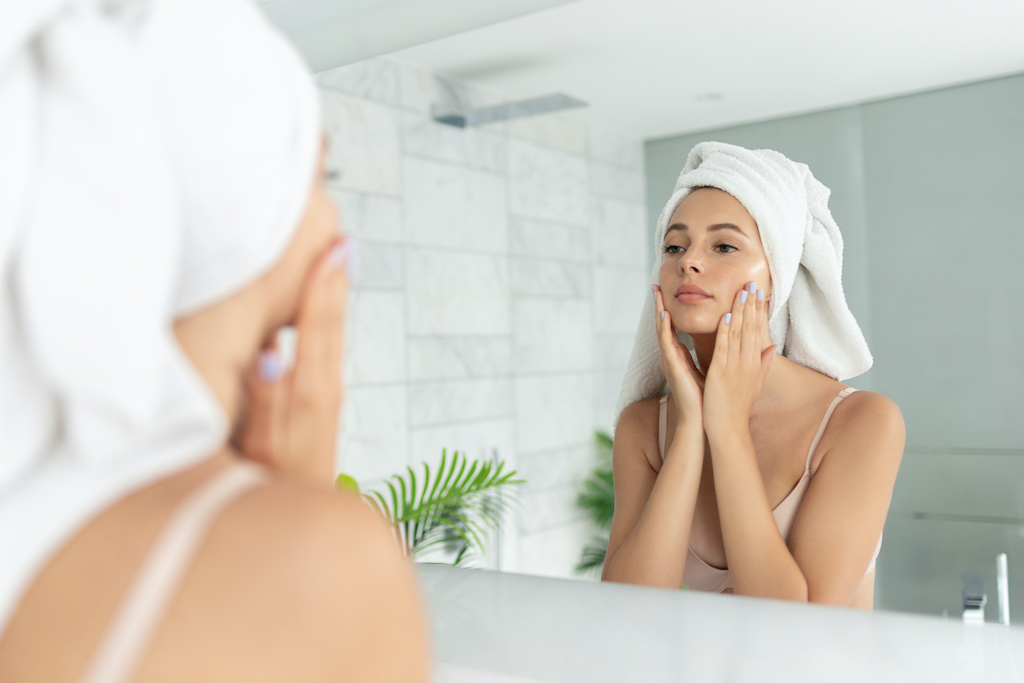
Photo Credit: Shutterstock
It is frequently said that good skin is purely genetic, often leaving those with poor skin health hopeless and blaming their ancestors for their skin-related woes. But how much of this is based on solidified truth? While overall skin health, radiant complexion, and prolonged elasticity all have a definite genetic component, there are a plethora of simple skin dos and don’ts to pay attention to in order to protect and transform your skin. Whether your mom passed down bright and dewy skin genes or not, understanding and replacing these common misconceptions from your skincare regimen with clear and tested skincare tips will help you to achieve your hydration goals, retain collagen to withstand the test of time, clear acne, and finally allow you feel confident in your own bare skin. Read on to learn about which aspects of your skincare routine maintain that “youthful glow,” and which do far more harm than good.

Photo Credit: Shutterstock
1. The More SPF, The Better
Though sunscreen is absolutely essential to overall skin health and complexion longevity, and everyone should be using sunscreen products to protect from harmful UV rays, the idea that layering sunscreens or SPF products will yield greater skin protection from these rays isn’t necessarily true. Layering multiple products of differing SPFs in order to “build up SPF protection” will not work, as your protection is only as strong as the highest-rated product you are using. Though SPF layering may seem enticing, it truly isn’t valid in terms of increasing solar protection. Your best bet is to apply a sunscreen of your chosen SPF in the morning and reapplying periodically throughout the day.
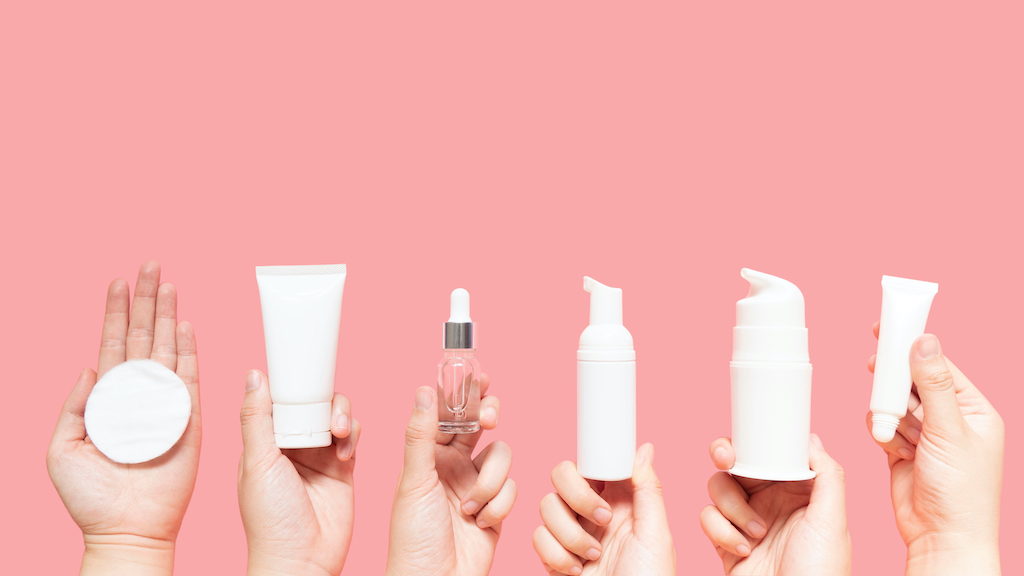
Photo Credit: Shutterstock
2. Using A Greater Quantity Of Your Product Will Lead To Quicker, Better Results
When it comes to skincare, sometimes a small amount is all that is necessary. In this case, less can really be more. Whether your products are medicated or sold over the counter, lathering your skin in them can lead to increased skin sensitivity, breakouts, and extreme dryness, ultimately countering your desired results, not to mention wastes money! A prescribed or recommended amount, usually pea-sized for most products, is all that is necessary in order to clear, heal, hydrate, and/or protect your skin. Your skin, and your wallet, will thank you in the long term.
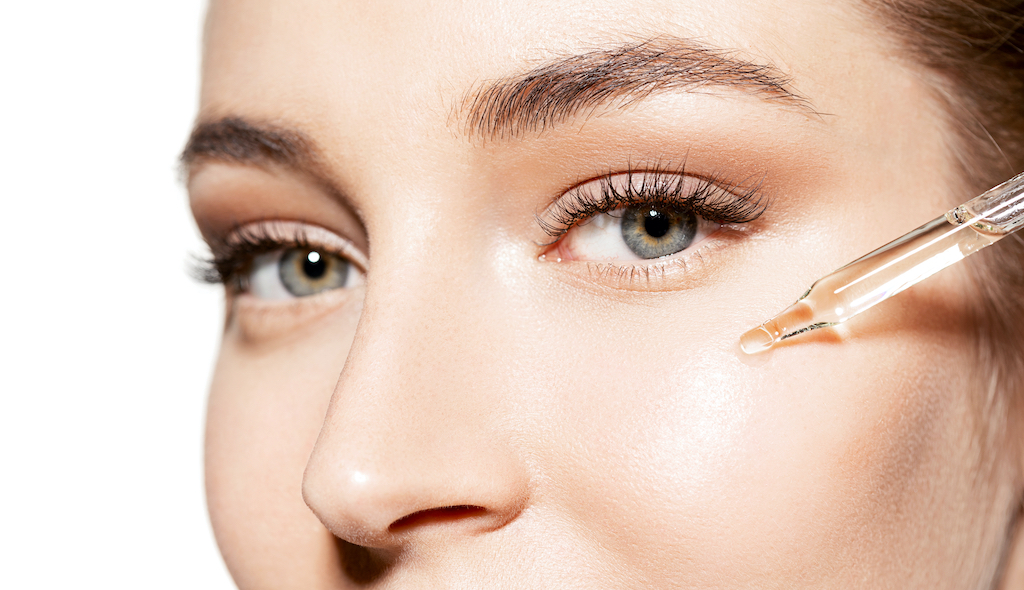
Photo Credit: Shutterstock
3. Drying Out Acne-Prone Or Oily Skin Will Help To Clear Up Complexion
In the world of common skincare misconceptions, this one takes the cake. This myth has unfortunately embedded itself into the minds of far too many. Though it may seem like your skin overproduces oil, directly causing acne, excessive drying out of the skin won’t fix the problem. In fact, it will do just the opposite. Acne is often hormonal and amplified by bacteria and irritation of the skin, so drying out your skin completely won’t get to the root of the problem, instead, it will send your glands a signal to produce even more oil in an effort to balance your now dehydrated, angry skin. Balance is key; if you’ve got oily skin, stay away from the overuse of harsh drying lotions, avoid overly hot showers and baths, and instead, moisturize!

Photo Credit: Shutterstock
4. Collagen Found In Cream Products Can Replenish Lost Collagen In The Skin
As much as we wish that this misconception was true and that there was a quick topical cream solution to the loss of vital collagen proteins in the skin, this is unfortunately not the case. Collagen is the protein compound responsible for retaining elasticity and lift in the skin and is what gives us that youthful and plump facial appearance that we so desire. As we age, we lose about 1% of our skin’s collagen every year, starting after the age of 20, so what are we to do in order to prevent premature skin dulling and thinning due to decreased collagen production? Unfortunately, it is not as easy as merely applying a topical cream and forgetting our worries, as aforementioned, but there are other ways that we can stimulate collagen production, or protect the collagen that remains in our bodies, even after we’ve long passed the 20-year threshold. Collagen protection starts with the conscious consumption of vitamins and antioxidants. Vitamins like Vitamin C naturally found in broccoli, berries, papaya, citrus, and leafy vegetables, etc., and antioxidants like Omega 3, most commonly found in fish, are well-known to protect the skin and create additional collagen. It may not be as simple as applying a topical cream, but incorporating these vitamins and antioxidants into your diet will produce collagen, preventing your skin from sagging and drooping, and improve your holistic health.
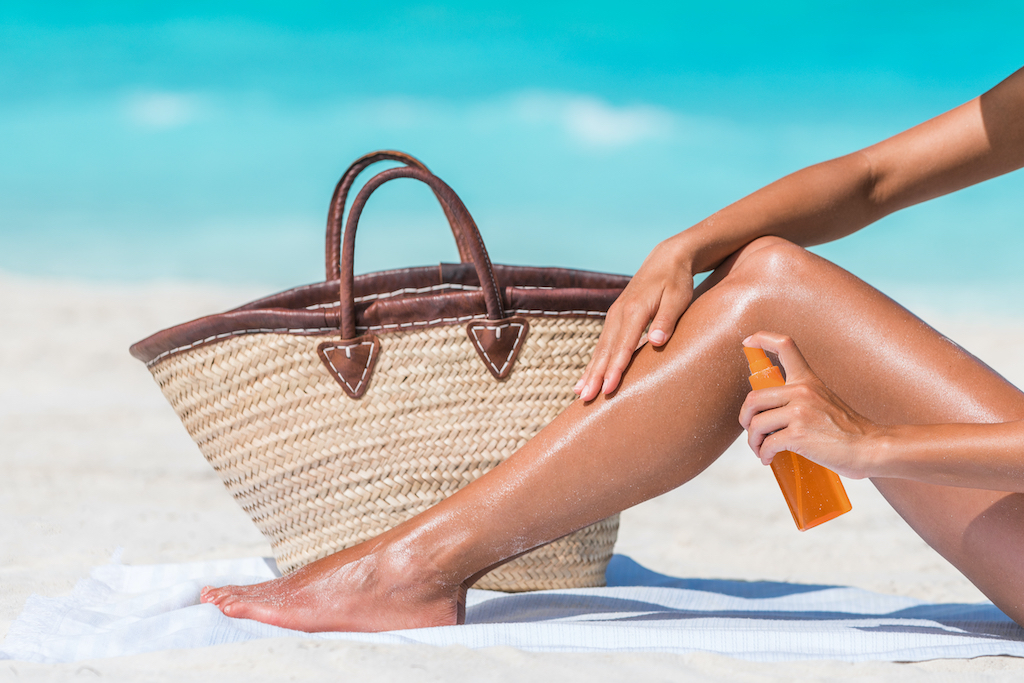
Photo Credit: Shutterstock
5. Spray Tans Protect Your Skin From Sunburn
Spray tans absolutely do not protect your skin from sunburn, these tans only serve to darken the color and appearance of one’s skin. Though the darker pigmentation may hide the redness commonly attributed to a sunburn, it does not act as a layer of protection from the sun or its potential damage. Spray and self-tanning processes are indeed the safest way to tan your skin, but once you are out in the sun, tanning the traditional way, sunscreen is the only effective shield for both your face and body.







